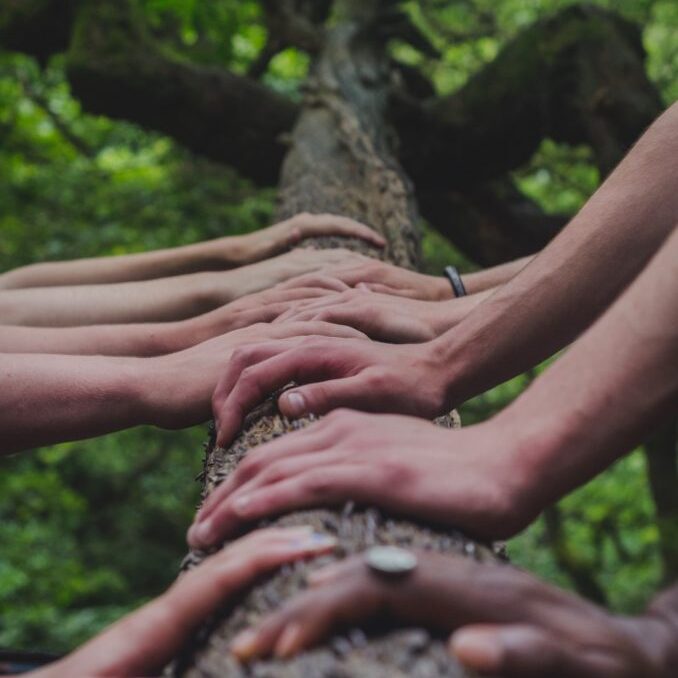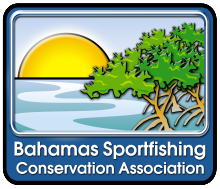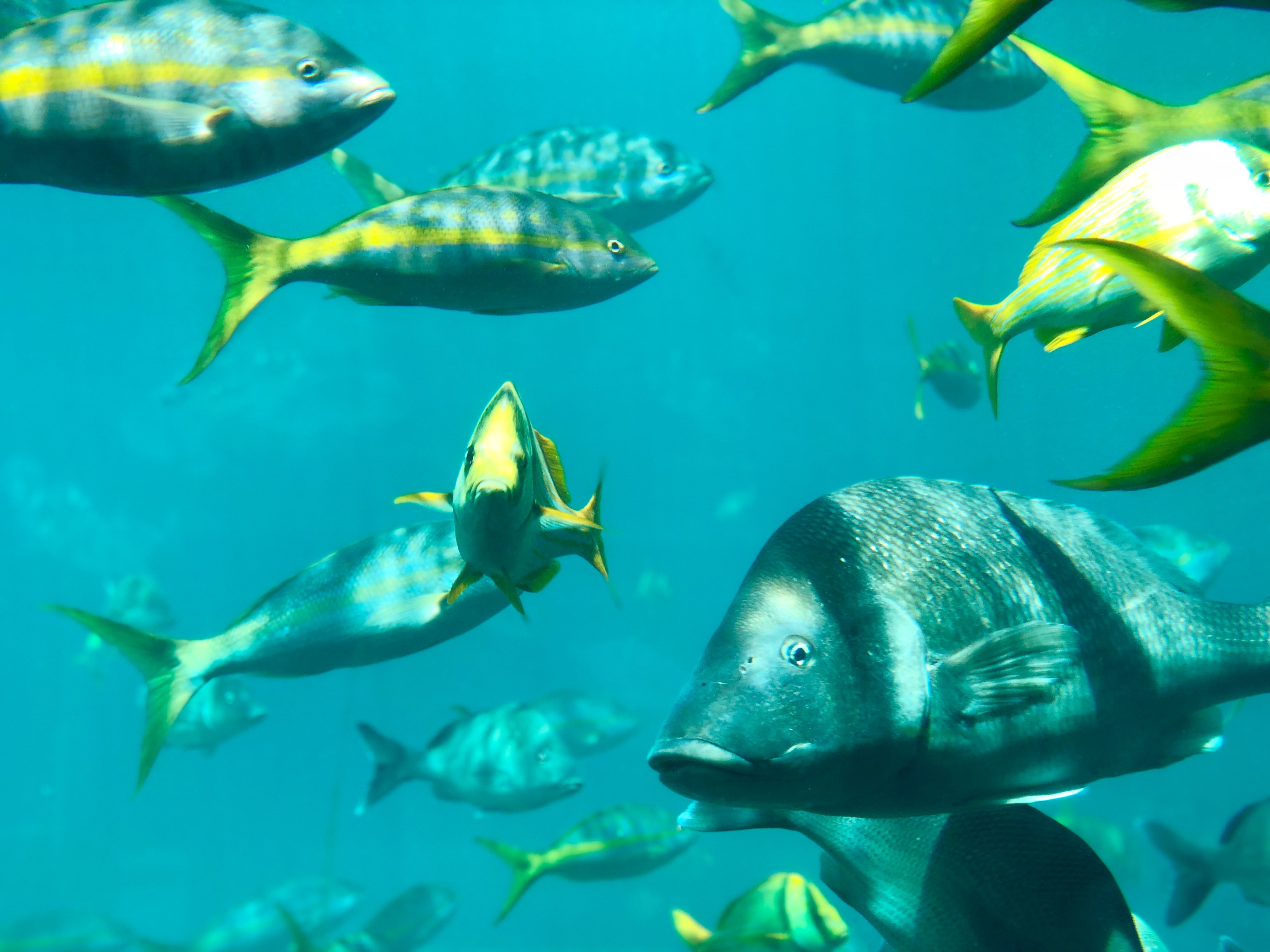The Bahamas Sportfishing Conservation Association prioritizes people, community and partnerships. We work with communities in identifying industry needs and challenges. Community conservation involves the community in managing and protecting their resources. Through education, communities are empowered to conserve, manage and defend their resources.

How We’re Empowering Communities
National Guide Training Program
Currently, the flats fishing industry is experiencing a decrease in new, younger guides entering the industry. To address this challenge and to encourage a new generation of guides, we are collaborating with The Bahamas Agriculture and Marine Science Institute (BAMSI) in the development of a National Guide Training Program. Through this program, current and aspiring flats fishing guides can learn the fundamentals of the flats fishing business and gain an understanding of fish (bonefish, tarpon, permit, cobia and snook) biology, behavior and their habitats. The conservation module of the program covers topics such as industry threats, best catch-and-release practices, local fishing regulations along with local and regional scientific research.
How We’re Empowering Communities
Habitat Restoration
A 2010 study by Dr. Craig Layman estimated that on East Andros some 80% of creeks are fragmented. Restoration of these fragmented habitats not only restores water flow but improves the health of the habitat and increases the abundance of fishes. One of BSCA’s mandates is to actively identify the critical needs affecting the marine environment in general and the fly-fishing industry, specifically. London Creek, found in Central Andros, was the first creek where water flow was restored by installing concrete culverts under the Queen’s Highway Bridge.
Our Strategy
We employ various strategies to develop a conservation model centered around local citizen inclusion and the sustainable use of their marine resources and the conservation of marine habitats.
Marine Habitat & Species Protection
Marine species thrive in healthy habitats. Assessing the health and status of priority species and their habitats are essential for effective conservation action. We rely on science to guide management decisions. Our strategies include coordinating biological research and monitoring of threats across key species and habitats and the restoration of habitats that support priority species.
Deepen Community Relationships
Our vast Bahamian archipelago is often challenging when coordinating effective conservation action. Expanding member networks across The Bahamas, exchanging information and the implementation of a national guide certification program can have a greater conservation impact.
Forming Strategic Partnerships
All aspects of society have a responsibility to conserve and sustainably use our marine resources. Building strategic partnerships across the private, non-profit and governmental sectors are necessary in protecting our vital marine resources.
EXPLORE
CONNECT
SUBSCRIBE
Receive the most recent national, regional and international conservation news and featured stories. Get the latest updates on our work delivered to your inbox.


